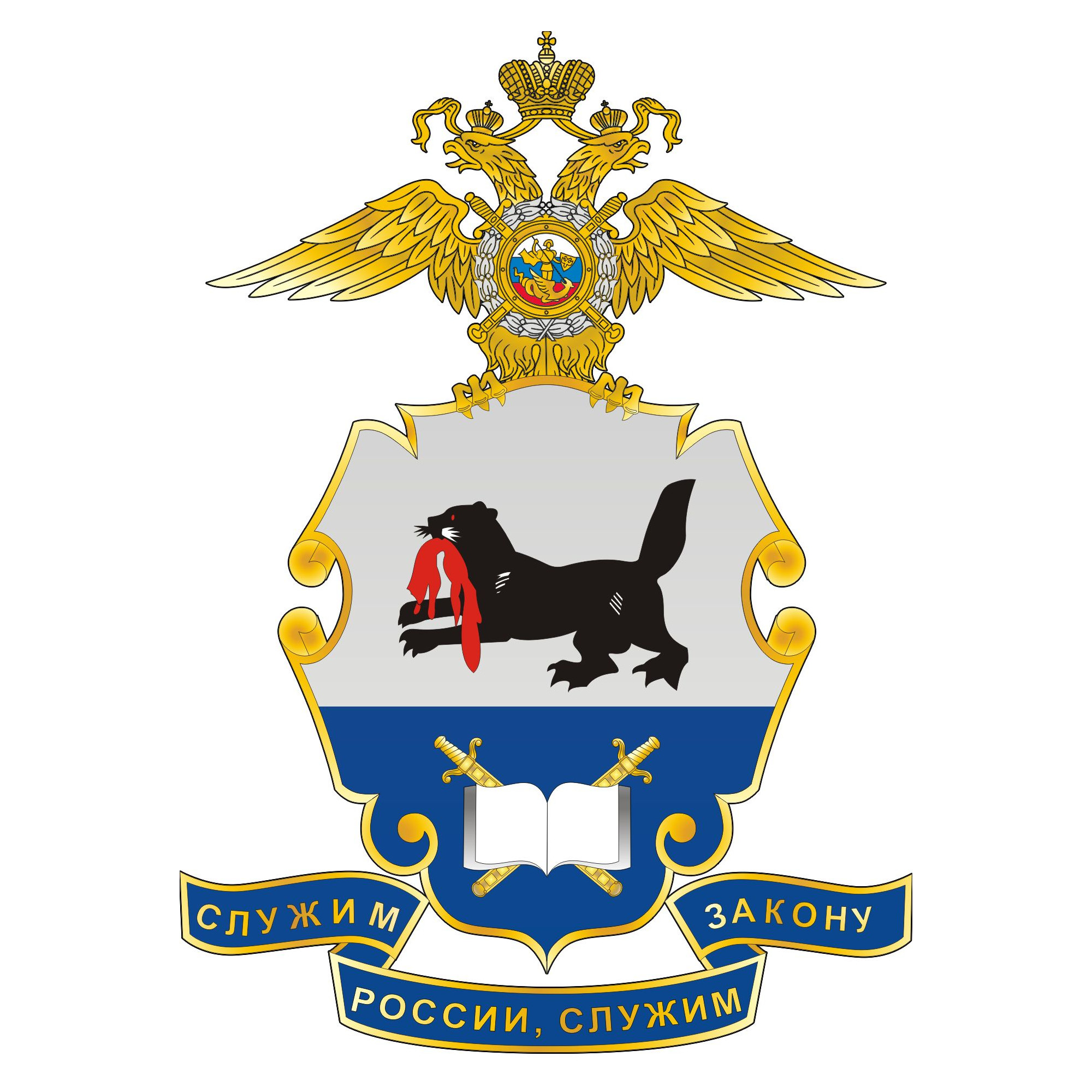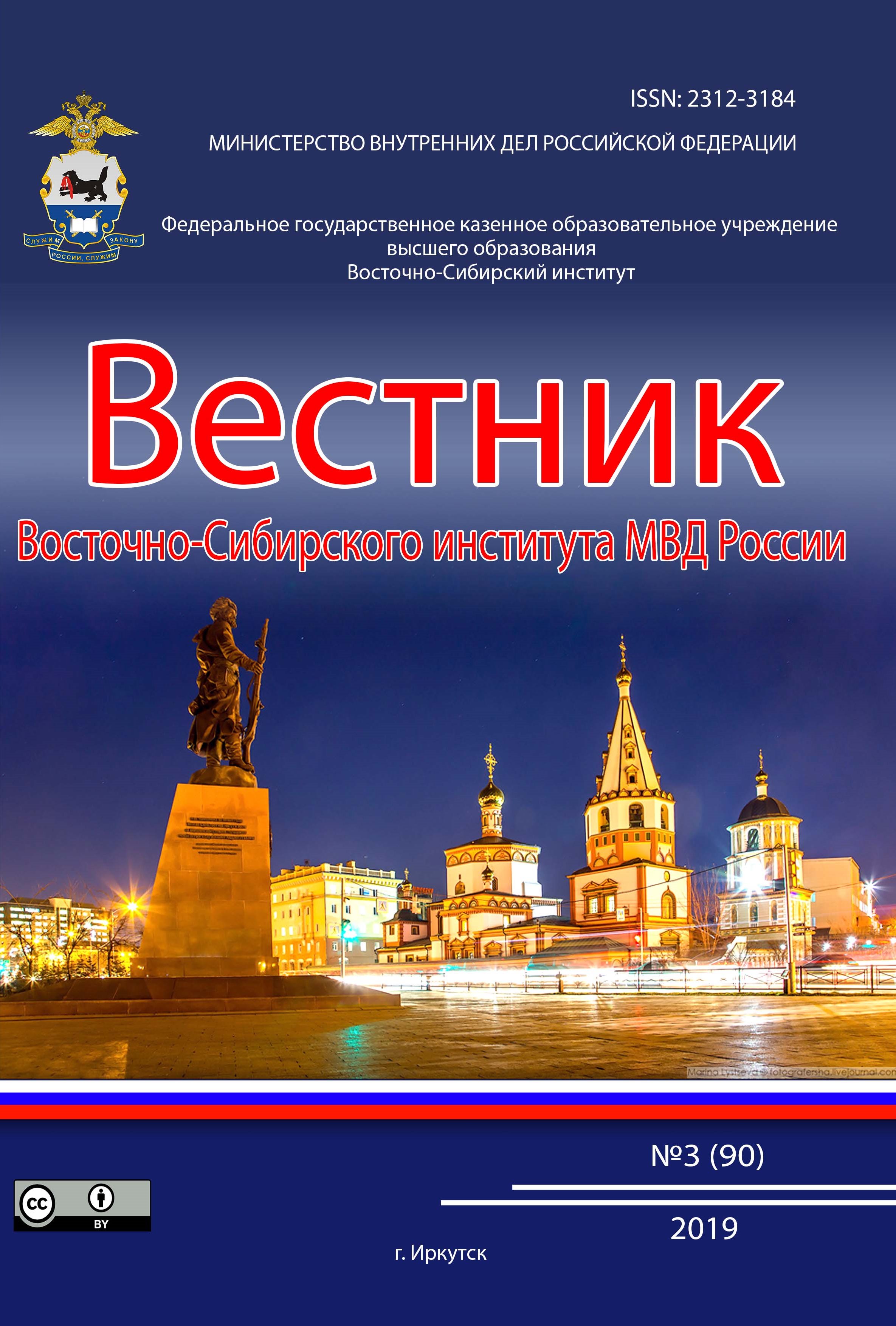Introduction. The paper is based on a generalisation of materials from Russian and foreign sources on the issues of the rule of law, civil society and anti-corruption. The paper contains materials of both a scientific and practical nature. The article presents a theoretical, legal, and aesthetic analysis of the role and place of internal security services in fighting corruption in law enforcement bodies in modern Russia. The authors explore the functions of internal security agencies in ensuring anti-corruption measures and provide arguments for dividing the security function between internal and external agencies. Materials and Methods. The methodological basis for the research was the dialectical approach to cognition, as well as formal-legal, aesthetic and historical-legal methods. These methods allowed us to identify specific features of the operation of internal security agencies in preventing corruption within law enforcement bodies. The Results of the Study allow us to determine the function of law enforcement agencies in providing security within themselves. Although this function has a scientific basis, it seems to be under-researched and under-publicized in the academic discourse on law enforcement. It is not only necessary to identify the criteria for including state bodies, agencies, and institutions that provide law enforcement services, but also establish the legal standing, objectives, and responsibilities of internal security divisions. These divisions, in addition to other duties, should also perform the tasks of preventing misconduct and crimes committed by police officers during law enforcement activities in the areas of public and state security, extraterritorial threats, and protection of human rights. Findings and Conclusions. The anti-corruption function of internal security services of law enforcement agencies should consist in increasing attention to the actions of law enforcement officials who ensure legality in citizens' and organizations' actions, as well as communicators who actively influence the formation of the legal awareness of participants in social relations. The preventive role of internal security should aim to foster aversion to corruption among employees and prevent corruption motivation from influencing their official duties. Deformations in the institutional distortion of legal awareness among law enforcement personnel affect the efficiency of public administration and violate the principles of equity and social justice
rule of law, corruption, mechanism of state power, mechanism of legal regulation, corruption risks, corruption-causing factors, civil society. internal security function, internal security, self-security, security assurance, law enforcement agencies, law enforcement service, law enforcement officers, law enforcement officers
1. Zavyalov A. N., Yurkovsky A. V. Rol' i znachenie sluzhb vnutrennej bezopasnosti v profilaktike protivodejstviyu ekstremizma v pravoohranitel'nyh organah [The role and importance of internal security services in preventing and countering extremism in law enforcement agencies]. Vestnik Vostochono-Sibirskogo institute MVD Rossii – Vestnik of the East Siberian Institute of the Ministry of Internal Affairs of Russia. 2024, no. 1 (108), pp. 94–105.
2. Gorny M. Protivodejstvie korrupcii [Anti-corruption]. URL: http://www.anticor.wildfield.ru/analit/ protiv_korr.html (05.05.2024).
3. Kachalov V. Yu., Kazakov A. N. [Anti-corruption policy as a function of the state] Korrupcija kak social'no-pravovaja problema sovremennoj Rossii: mat-ly kruglogo stola (21 aprelja 2004 goda). [«Corruption as a socio-legal problem of modern Russia» (April 21, 2004)]. Kazan, 2004, 108 p.
4. Khamazina O. I. Pravovye sredstva protivodejstviya korrupcii: problemy teorii i praktiki: dissertaciya ... kandidata yuridicheskih nauk: 12.00.01 [Legal means of combating corruption: problems of theory and practice: dissertation ... candidate of legal sciences: 12.00.01]. Saratov, 2008. 200 p.
5. Umarov H. A. Protivodejstvie korrupcii v Respublike Tadzhikistan: ugolovno-pravovye i kriminologicheskie aspekty : dissertaciya ... kandidata yuridicheskih nauk : 12.00.08. [Combating corruption in the Republic of Tajikistan: criminal-legal and criminological aspects: dis. ... candidate of legal sciences: 12.00.08]. Moscow, 2008. 179 p.
6. Astanin V. V. Antikorrupcionnaya politika Rossii: kriminologicheskie aspekty: avtoref. dis. … d-ra yurid. nauk [Anti-corruption policy of Russia: criminological aspects: author's abstract. dis. ... doctor of law]. Moscow, 2009. 37 p.
7. Melnikov Yu. B. Protivodejstvie organizovannoj prestupnosti i rol' prokuratury v etom processe : avtoref. dis. … kand. yurid. nauk [Combating organized crime and the role of the prosecutor's office in this process: author's abstract. dis. ... candidate of legal sciences]. Vladivostok, 2003. 26 p.
8. Gorshenkov G. N. Politika protivodejstviya korrupcii [Anti-corruption policy]. Biznes. Obrazovanie – Pravo.Business. Education. Law. 2014, no. 2, pp. 62-67.
9. Novikov S. Yu. Antikorrupcionnaya politika rossijskogo gosudarstva v sovremennyh usloviyah: avtoref. dis. … kand. polit. nauk [Anti-corruption policy of the Russian state in modern conditions: author's abstract. dis. ... candidate of political sciences]. Stavropol, 2009, 179 p.











